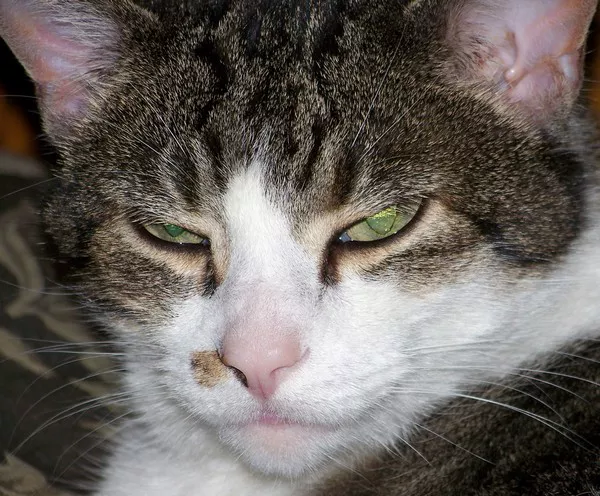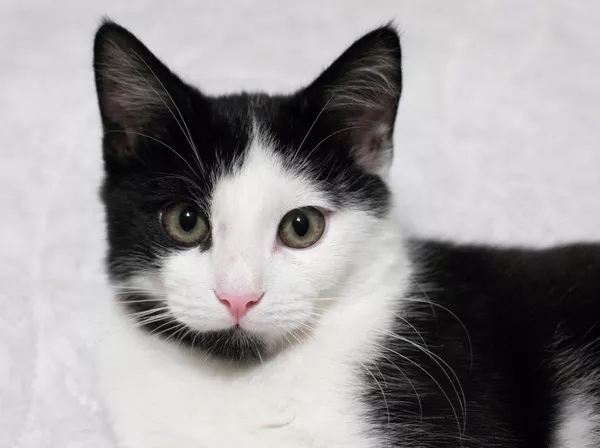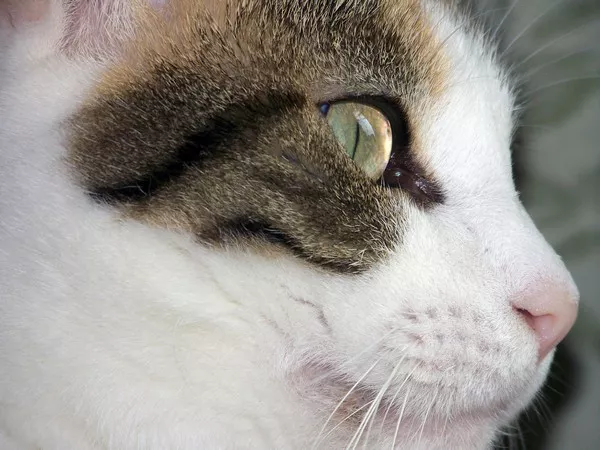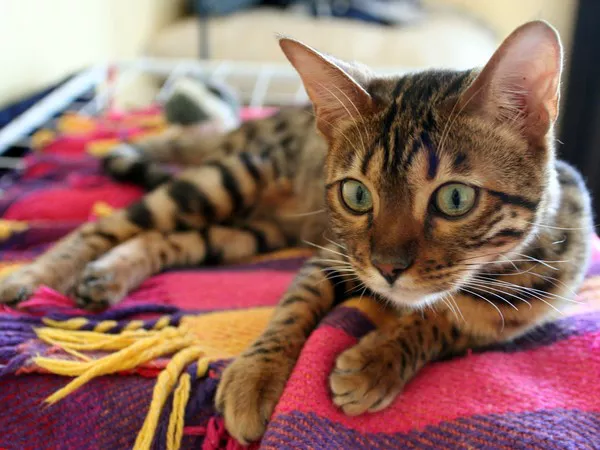Caring for a cat with a sensitive stomach can be challenging for pet owners. Cats, like humans, can experience digestive issues that may manifest as vomiting, diarrhea, or general discomfort after eating. Selecting the right food is crucial to managing these symptoms and ensuring your feline friend remains healthy and happy. This article will explore the characteristics of healthy cat food for sensitive stomachs, discuss common dietary issues, and provide a detailed guide to choosing the best options available.
The Importance of Digestibility in Cat Food
When it comes to cat food, digestibility is paramount, especially for cats with sensitive stomachs. Highly digestible foods are easier for cats to process, leading to better nutrient absorption and less gastrointestinal upset. Ingredients that are easy to digest typically include highquality animal proteins, limited carbohydrates, and beneficial supplements that promote gut health.
Key Ingredients to Look For
1. HighQuality Animal Proteins: Cats are obligate carnivores, meaning their diet should primarily consist of meat. Look for foods that list real meat (like chicken, turkey, or fish) as the first ingredient. Avoid foods that contain byproducts or fillers, which can be harder for cats to digest.
2. Limited Ingredients: Limited ingredient diets (LIDs) can be beneficial for cats with food sensitivities. These diets typically contain fewer components, reducing the likelihood of allergic reactions. A good LID will feature a single protein source and a single carbohydrate source.
3. Probiotics and Prebiotics: These beneficial bacteria and fibers support gut health and digestion. Probiotics help maintain a healthy balance of gut flora, while prebiotics serve as food for these beneficial bacteria.
4. Omega Fatty Acids: Omega3 and Omega6 fatty acids are essential for maintaining skin and coat health, but they also have antiinflammatory properties that can soothe digestive issues.
5. Soluble Fiber: Ingredients like beet pulp or pumpkin can provide soluble fiber, which helps regulate digestion and can prevent constipation.
Common Dietary Issues in Cats
Understanding the underlying causes of your cat’s sensitive stomach can help in selecting the right food. Some common issues include:
Food Allergies: Cats can develop allergies to certain proteins or ingredients, leading to gastrointestinal upset. Common allergens include beef, chicken, fish, and dairy.
Inflammatory Bowel Disease (IBD): This chronic condition can cause inflammation in the gastrointestinal tract, leading to symptoms like vomiting and diarrhea. Cats with IBD often benefit from specialized diets.
Food Intolerances: Unlike allergies, food intolerances do not involve the immune system but can still cause digestive issues. Ingredients that are difficult for cats to digest, such as certain grains, can trigger symptoms.
Changes in Diet: Sudden changes in diet can upset a cat’s stomach. When switching foods, it’s essential to do so gradually over a week or more to allow the cat’s digestive system to adjust.
See Also: 13 Best Tasting Healthy Wet Cat Food
Choosing the Right Cat Food for Sensitive Stomachs
When selecting cat food for a sensitive stomach, consider the following factors:
1. Consult Your Veterinarian: Before making any dietary changes, consult your veterinarian. They can help identify the specific cause of your cat’s digestive issues and recommend appropriate dietary changes.
2. Read Labels Carefully: Look for foods that are specifically formulated for sensitive stomachs. These products often contain the right balance of nutrients and easytodigest ingredients.
3. Trial and Error: Finding the right food may take some experimentation. Monitor your cat’s reaction to new foods and keep a journal of any changes in their behavior or digestion.
4. Consider Prescription Diets: In some cases, your veterinarian may recommend a prescription diet designed for cats with specific health issues, such as food allergies or IBD. These diets are formulated to minimize digestive upset and are often more effective than overthecounter options.
Recommended Cat Foods for Sensitive Stomachs
Here are some of the top cat food options for sensitive stomachs, categorized by type:
Dry Cat Food Options
1. Hill’s Science Diet Sensitive Stomach & Skin: This formula features prebiotic fiber to support digestive health and is specifically designed to be gentle on the stomach.
2. Blue Buffalo Sensitive Stomach Chicken Recipe: Made with highly digestible ingredients, this food includes fresh chicken and whole grains, along with probiotics for digestive support.
3. Merrick Limited Ingredient Diet GrainFree Real Chicken Recipe: This grainfree option is made with real chicken and limited ingredients to reduce the risk of digestive upset.
4. Instinct Limited Ingredient GrainFree Cat Food: Featuring a single source of animal protein and minimal ingredients, this option is ideal for cats with sensitivities.
5. Purina Pro Plan Sensitive Skin and Stomach: This formula includes salmon as the primary ingredient and is designed to be gentle on the digestive system.
Wet Cat Food Options
1. Royal Canin Digestive Care: This wet food is formulated to support digestive health and contains a blend of fibers to help with digestion.
2. Ziwi Peak Mackerel and Lamb Recipe: This highprotein option is rich in omega fatty acids and made with whole food ingredients, making it easy to digest.
3. Halo Holistic Chicken and Chicken Liver Recipe: This natural wet food features whole meat ingredients and is designed for easy digestion.
4. Natural Balance LID HighProtein Salmon Formula: This wet food is limited in ingredients and high in protein, making it suitable for sensitive stomachs.
5. Wellness CORE GrainFree Turkey & Duck Pâté: This grainfree wet food is made with highquality proteins and is free from fillers, making it a great option for sensitive cats.
Feeding Strategies for Cats with Sensitive Stomachs
In addition to choosing the right food, consider these feeding strategies to help manage your cat’s sensitive stomach:
1. Smaller, More Frequent Meals: Cats are naturally inclined to eat small meals throughout the day. Feeding smaller portions more frequently can help reduce the risk of vomiting and improve digestion.
2. Consistent Feeding Schedule: Establish a regular feeding routine to help your cat’s digestive system function optimally. Cats thrive on routine and may feel more secure with a consistent schedule.
3. Hydration: Ensure your cat has access to fresh water at all times. Proper hydration is essential for digestive health.
4. Monitor Weight and Health: Keep an eye on your cat’s weight and overall health. If you notice any changes in appetite, weight loss, or persistent digestive issues, consult your veterinarian.
5. Avoid Table Scraps: Human food can be difficult for cats to digest and may exacerbate digestive issues. Stick to cat food specifically formulated for their dietary needs.
Conclusion
Finding the right cat food for a sensitive stomach is crucial for maintaining your cat’s health and comfort. By understanding the ingredients that promote digestive health, recognizing common dietary issues, and implementing effective feeding strategies, you can help your feline friend thrive. Always consult your veterinarian for personalized recommendations, and be patient as you work to find the best diet for your cat’s specific needs. With careful attention to their diet and lifestyle, you can ensure your cat enjoys a happy, healthy life.
Related Topics




















